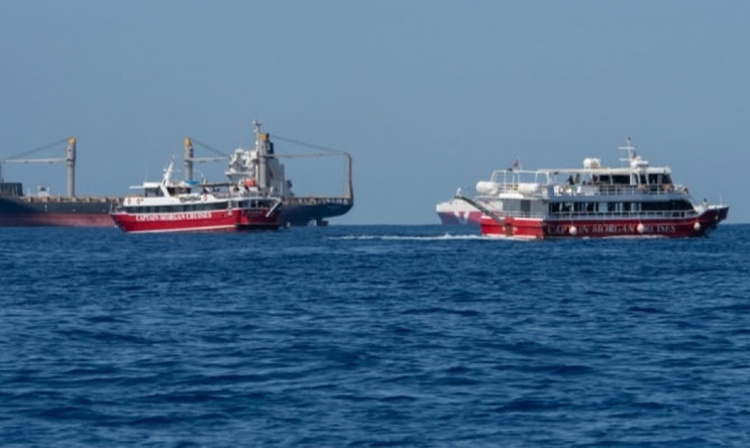The United Kingdom’s Office of Financial Sanctions Implementation (OFSI) has announced enhanced enforcement actions to combat violations of sanctions targeting Russian oil exports. This move comes amid mounting evidence of rogue operators employing falsified documents to circumvent the G7-imposed price cap on Russian crude.
Introduced in late 2022, the G7 price cap was designed to limit Russia’s oil revenue without disrupting global energy supplies. While successful in reshaping global trade routes for Russian oil, the system has faced significant challenges in enforcement. Recent investigations have revealed that some operators are using falsified certificates of origin, misdeclaring Russian crude as being sourced from non-sanctioned countries.
“Dark Fleet” Operations and Compliance Challenges
A key player in evading these sanctions has been the so-called “dark fleet”—a network of older tankers operating outside conventional regulatory oversight. These ships, often registered under flags of convenience, disable their transponders to obscure their locations and activities. They play a central role in transporting sanctioned oil to buyers in Asia and the Middle East, often blending Russian crude with other sources to disguise its origin
Detecting and preventing such activities poses a significant challenge for the maritime industry and enforcement agencies. International organizations, including the OFSI, are working to enhance tracking mechanisms, requiring greater cooperation between flag states, port authorities, and maritime technology providers.
Strengthening Sanctions Enforcement
The UK’s latest measures include increased scrutiny of shipping documents, greater collaboration with international allies, and penalties for companies complicit in sanctions violations. The government also plans to leverage advanced satellite imaging and artificial intelligence to monitor vessel movements and detect anomalies indicative of sanctions evasion.
A UK government spokesperson stated, “These actions signal our unwavering commitment to upholding sanctions against Russia and ensuring the integrity of global oil markets.”
Industry Implications
While the crackdown aims to tighten sanctions enforcement, it has raised concerns within the maritime sector about delays and costs associated with compliance. Shipping companies operating in regions affected by the sanctions must now navigate an increasingly complex regulatory environment, balancing operational efficiency with the risk of penalties.
Moreover, as authorities close existing loopholes, rogue operators may develop more sophisticated methods of evasion, prompting an ongoing regulatory arms race. Experts believe that international cooperation will be crucial to maintaining the effectiveness of sanctions and protecting the global shipping industry from the reputational and legal risks posed by illicit oil trade.
A Global Responsibility
The UK’s renewed focus on enforcement aligns with similar measures taken by the EU and the US, highlighting the need for a united front against sanctions evasion. As the maritime industry grapples with these challenges, the role of technology and transparency in fostering compliance will become ever more critical.
For shipping companies, ensuring adherence to these measures will be vital—not only to avoid penalties but also to demonstrate a commitment to ethical and lawful operations in a rapidly evolving geopolitical landscape.






Leave a Reply